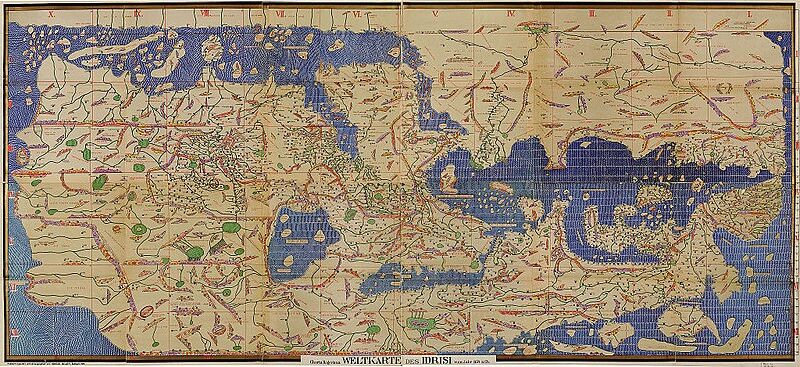Podcast episode
January 21, 2025
Episode 201: Matthew Melvin-Koushki on Islam, ‘the West’, and Western Esotericism

Islam, the West, and Western Esotericism. In a very wide-ranging interview we discuss, with Professor Matthew Melvin-Koushki, the power of the maps we carry around with us in our heads, and the importance of improving on these maps when they fail drastically to match the landscape they are meant to describe; in this particular instance, we discuss the way the ‘Mercator projection’ model of western esotericism has massively expanded the size and importance of far-western Europe, to the detriment of the majority of the territory in which western esotericism flourished throughout the first millennium and beyond, namely the Islamicate realms. We need to think about better maps. In doing so, we might be tempted to abandon the colonial term ‘the West’, but Melvin-Koushki argues for a more provocative solution to the map-problem: take the West back from the Mercator projection and display it proudly on the more accurate historiographical maps that we are drawing up. Welcome to the Greater West.
Interview Bio:
Matthew Melvin-Koushki is Associate Professor of Islamic History at the University of South Carolina. He specialises in early modern Islamicate intellectual and imperial history, with a focus on the theory and practice of the occult sciences in Timurid-Safavid Iran and the wider Persianate world to the nineteenth century. His many publications can be browsed here.
Works Cited in this Episode:
Shahab Ahmed. What Is Islam? The Importance of Being Islamic. Princeton University Press, Princeton, NJ, 2016.
C. E. Bosworth. The New Islamic Dynasties: A Chronological and Genealogical Manual. The University Press, Edinburgh, 1996.
Richard W. Bulliet. The Case for Islamo-Christian Civilization. Columbia University Press, New York, NY, 2004.
Bulliet on the ‘big chill’: Richard W. Bulliet. Cotton, Climate and Camels in Early Islamic Iran: A Moment in World History. Columbia University Press, New York, NY, 2009.
Garth Fowden. Before and After Muhammad: The First Millennium Refocused. Princeton University Press, Princeton, NJ/Oxford, 2014.
Wouter J. Hanegraaff. Esotericism in Western Culture: Counter-Normativity and Rejected Knowledge. Bloomsbury, forthcoming.
Recommended Reading:
SHWEP Episode 201 Recommended Reading
Themes
Alphanumeric Speculation, Astrology, East Rome, Esoteric Imperialism, Islam, Islamic Esotericism, Magic, Plato, Pythagoras, Western Esotericism


Kenneth Meisner
November 16, 2025
Greetings! An admittedly late, but sincere thank you for this series.
Earl Fontainelle
November 16, 2025
You’re very welcome.